Parenting adolescents has never been a walk in the park. Teens have a natural bent towards rebellion, adventure, and independence. These are all sharp edges of human character that become more rounded with time. For teens, being between the self-sufficiency of adulthood and the vulnerability of childhood can be hard to juggle.
Certain unbecoming behaviors or attitudes are expected of teens. Mischievousness and teens go together like charisma and politicians. While this is true, if your teen is struggling at home, in school, and socially, the symptoms might be the by-product of something deeper than adolescence. Millions of American teens suffer from behavioral issues that stem from mental illness and drug use. Parents need to learn strategies for dealing with troubled teens.
Deeper than adolescence
As psychologists study the human mind and learn more about how it works, the more incorrect notions about behavior are being cast aside. America’s classrooms are benefiting greatly from psychological developments. Now teachers know that the kid with “ants in his pants” might be suffering from ADHD. They know to look for signs of depression or trouble at home in the kids who don’t participate in class and keep to themselves outside of it. That is why staying in communication with your child’s teacher is so important, especially if you think there is a risk.
Problems such as depression, behavioral issues, and substance abuse can permeate and destroy every area of a teen’s life if untreated. Studies show strong links between mental illness and criminal behavior. A stark reality is that many incarcerations could have been prevented with therapy. If your teen is struggling in school, avoiding friends, and getting into frequent trouble, don’t let these issues follow him or her into adulthood. Getting problems treated now could save a teen’s future.
Treatment options
If you recognize that your teen has a problem that’s deeper than adolescence, then it is time to chart a course of action. Treatment options are increasing along with the public’s awareness of mental illness and behavioral problems. Here are some options to consider for your struggling youth.
Inpatient treatment is not the ideal situation because it will be hard to let go of your teen. However, if you see your teen headed down a path of destruction, then you will need to make some hard choices. A residential treatment center for teens could be what your teen and your family needs. Inpatient treatment is like boot camp for developing strategies to constructively manage the ups and downs of life.
Group therapy is a time-tested method for learning how to surf the tidal waves of life. It provides a setting where people with common issues can learn and grow together under the guidance of a trained counselor. This “each one reach one” therapy method helps develop self-esteem, problem-solving skills, and public speaking skills. Your teen will emerge from this therapy better able to communicate with you about what’s going on in his or her life.
Medication, in combination with psychotherapy, is another tool that professionals have at their disposal to treat troubled teens. Many of the mental issues that teens face have to do with chemical imbalances in the brain. Psychiatrists have come up with medicinal treatments for bipolar disorder, ADHD, depression, and anxiety, just to name a few.
Make treatment a family priority
Humans are social creatures. This is why the family fabric is vital to recovery for problem teens. Many professionals advocate a family-based approach to therapy. Getting the whole family involved has shown to be an effective combatant against substance abuse and behavioral problems. Children love their families, and seeing how their behavior affects the family has proven to be a powerful catalyst for change. Teens want to make their parents proud, impress older siblings, and be a hero to their younger siblings. Use this to your advantage.
There is no cure-all for mental illness or behavioral issues in teens. You will have to decide what approach is the best one for your youth. In addition, as you support your teen, you should also look for support groups for parents of troubled teens. You and your teen may have a long road ahead, but if you’re armed with love and knowledge, you will get there.












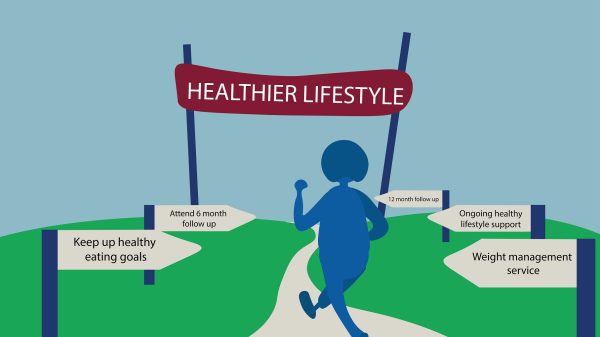























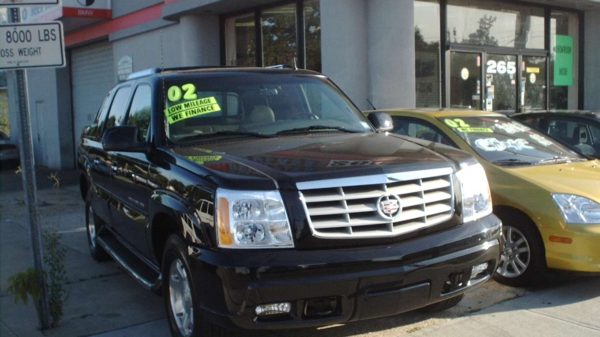




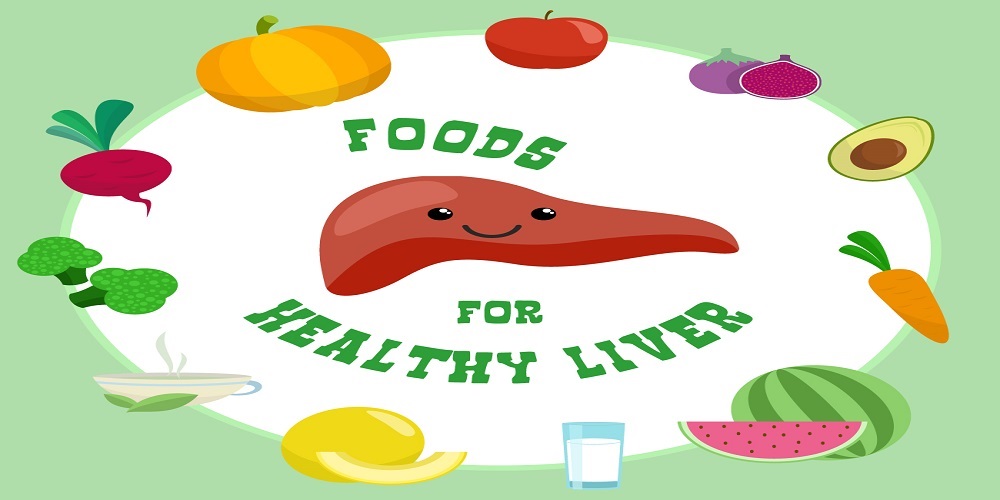



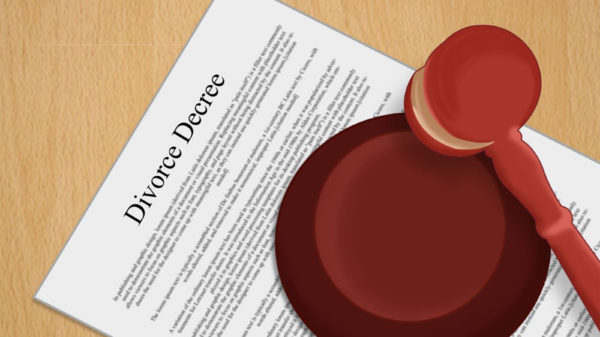



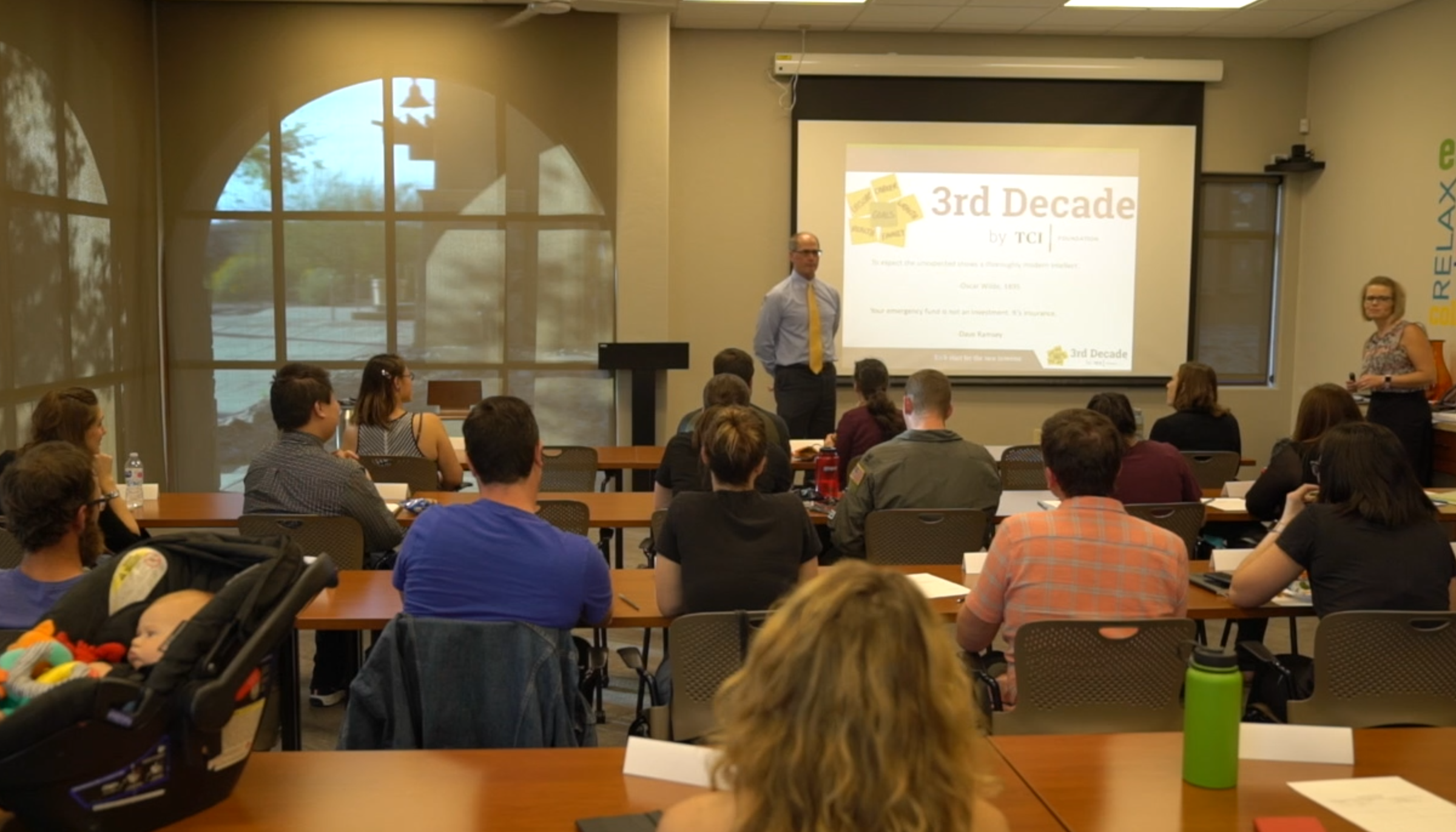























You must be logged in to post a comment Login